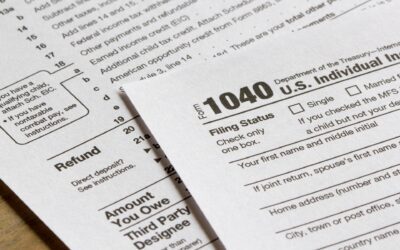Not one week has gone by this year without at least one article crossing my desk about Health Savings Accounts (HSAs) being used for retirement planning. I have a client who has been using his HSA for years to save for retirement; clearly, he was ahead of his time.
What is an HSA? An HSA is a savings vehicle available to people with high-deductible health plans and no other insurance, including Medicare or a parent’s policy. This year the “high” deductible threshold can be as little as $1,400 for an individual policy, $2,800 for a couple. Before deciding to fund an HSA you should meet with your financial advisor to discuss your likely out of pocket costs with this strategy. If you are eligible, you should at least “run the numbers”, because it’s hard to find a more tax-advantaged account.
An HSA can be funded by an individual or employer, and the contributions are not taxable income. Withdrawals for qualified medical expenses, before or after retirement, are tax-free, unlike withdrawals from a retirement account. Any funds in the account can be invested based on the owner’s preference taking into account investment return and expected future medical costs. In addition, there are no required distributions. You never want to spend these funds on anything but qualified medical expenses because the withdrawal then becomes taxable and subject to a 20% penalty.
Contribution limits are not as generous as for an IRA or other retirement accounts, but in 2022 an individual can contribute $3,650 and a couple $7,300 to an HSA. Someone with his own account who is 55 or older can add another $1,000. Funding is not limited by income.
If you are fortunate enough to have an account balance at your death, funds are paid to your designated beneficiary. If that is a spouse, the transfer is tax-tree. Any other beneficiary will pay taxes on the account’s fair market value.
In my experience, retirees are often surprised by their medical expenses, particularly dental expenses. An HSA, unless the tax law changes (always a possibility) is an ideal way to plan for those costs in a very tax efficient way.
Article Submitted by Lois S. Fried, CPA, CFE, CVA, ABV







